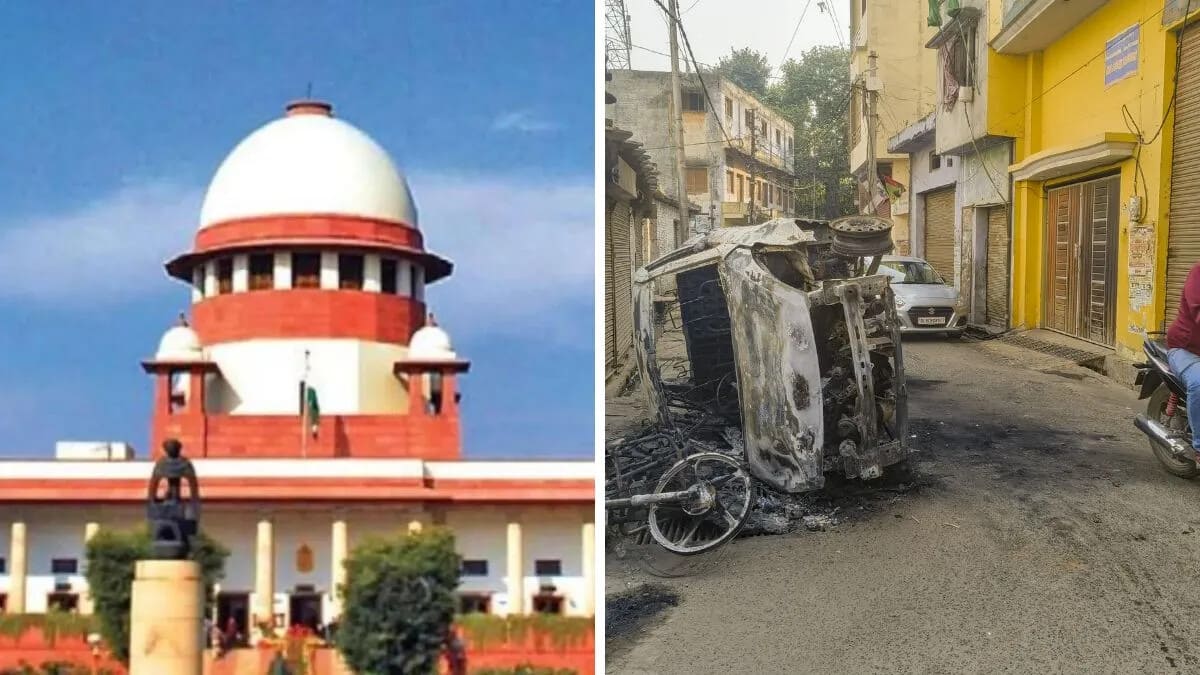
SC to hear petition challenging Sambhal mosque survey today
What's the story
The Supreme Court will hear a petition challenging a lower court's order for a survey of the Shahi Jama Masjid in Sambhal, Uttar Pradesh. The mosque's management committee filed the petition, seeking an immediate stay on the survey. They argue that this could worsen communal tensions. The dispute has already led to violence with four deaths and numerous injuries during protests against the survey.
Legal contention
Petitioners claim violation of Places of Worship Act
The petitioners claim that the civil court's order was passed in haste and without informing affected parties, including the mosque committee and state government. They argue that such actions violate the Places of Worship (Special Provisions) Act, 1991, which preserves the status quo of religious structures as of August 15, 1947. This case will be heard by a Supreme Court bench led by Chief Justice Sanjiv Khanna.
Inquiry and controversy
UP Governor forms inquiry commission, political controversy ensues
In light of the unrest, Uttar Pradesh Governor Anandiben Patel has constituted a three-member judicial inquiry commission to probe the stone-pelting incident in Sambhal. The commission will be headed by retired Justice Devendra Kumar Arora of the Allahabad High Court. Meanwhile, opposition members in parliament are demanding action against those responsible for the violence.
Broader context
Sambhal dispute part of larger debate over religious sites
The Sambhal case is one of the many that have sparked a national debate over the status of religious sites and historical claims. Similar disputes have erupted at other sites, such as Varanasi's Gyanvapi Mosque and Mathura's Shree Krishna Janmabhoomi-Shahi Idgah site. These cases have questioned the interpretation and enforcement of laws protecting religious sites' historical character. The outcome of this SC hearing could have far-reaching implications for similar disputes across India.